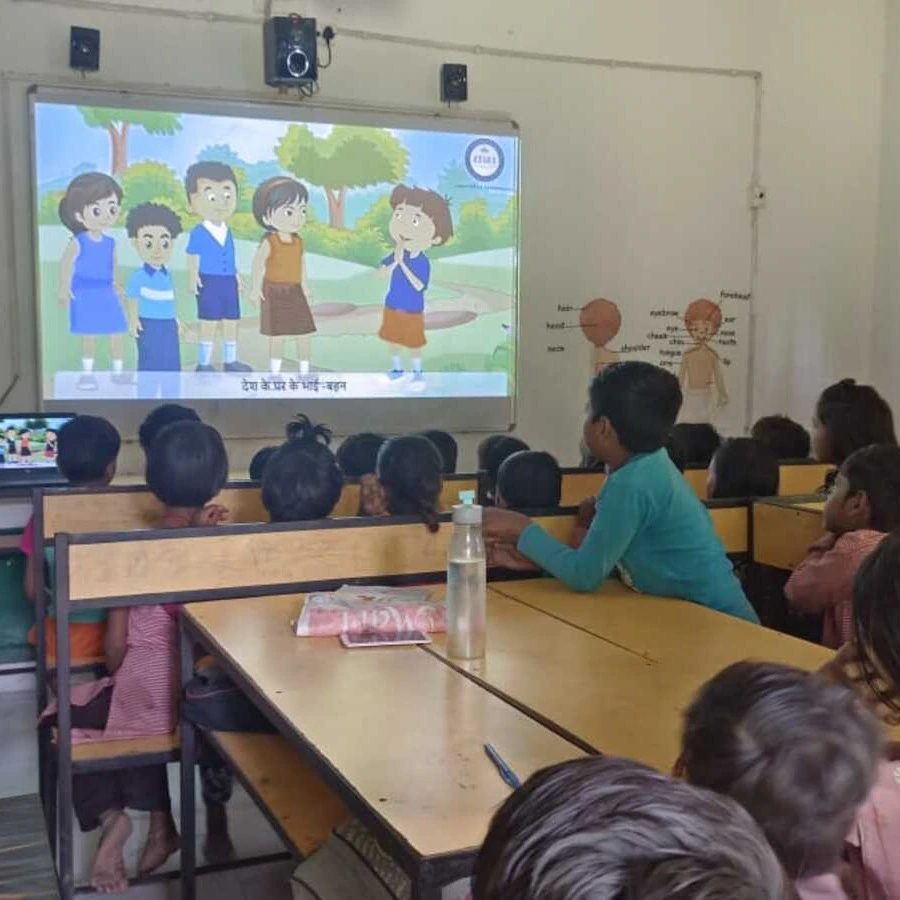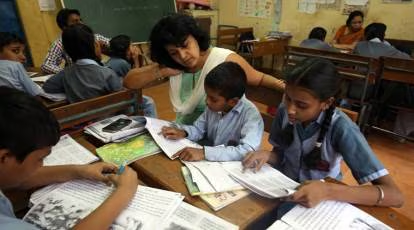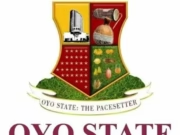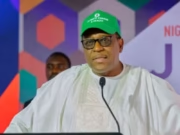In a sweeping initiative aimed at revitalising STEM education across the state, the Uttar Pradesh (UP) Education Department has unveiled a comprehensive teacher training programme under the banner of ‘Learning by Doing’, designed to empower science and mathematics instructors with skills for hands‑on teaching. Beginning August 5, 2025, and running through March 18, 2026, the initiative will target nearly 4,000 educators in government and KGBV (Kasturba Gandhi Balika Vidyalaya) schools.
With technical backing from UNICEF and STAR Forum–Vigyan Ashram, the programme represents a major pedagogical shift toward experiential and skill‑based learning within the existing curriculum framework.
Table of Contents

Phased Approach and Training Structure
The programme is structured in phases to build capacity from the ground up:
- Training of Trainers (ToT): Two science lecturers from each district will attend a four‑day intensive training session as master trainers.
- Core Rollout for Existing Schools (2024–25): Teachers from 2,274 selected schools will receive two‑day training tailored to equip them for hands‑on instruction.
- Expansion Phase (2025–26): Educators from an additional 3,288 schools—including KGBVs—will attend three‑day training sessions, accompanied by sessions for district coordinators to strengthen community‑school linkages.
Total reach: Approximately 3,962 science, mathematics, and KGBV educators will benefit in this period.
Training will occur at two central institutions in Lucknow: the Institute of Entrepreneurship Development and the Deen Dayal Upadhyay State Rural Development Institute.
Aligning with National Policy and Education Reform
The Learning by Doing initiative aligns with the National Education Policy 2020, placing vocational skills, inquiry-based learning, and conceptual understanding on par with academic knowledge.
Previous pilot stages—implemented in over 60 schools across 15 districts—resulted in noticeable boosts in student attendance and enthusiasm for science and math classes.
Under this initiative, 210 creative activity modules, including trades such as engineering, environment, agriculture, and health, will become part of upper-primary learning across the state, all supported by full infrastructure and campus-level labs.
How ‘Learning by Doing’ Works
The idea is simple yet profound: students learn more effectively when they engage in experiments, projects, and real‑world scenarios, rather than passively absorbing information. Teachers become facilitators, guiding hands-on explorations that spark curiosity, not just memorisation.
Examples include experiments with solar lamps, pulley mechanisms, seed planting, and other practical exercises that connect scientific concepts with daily life, resonating deeply with students’ experiences and interests.
This model draws inspiration from pedagogies like Germany’s Dual System, emphasising vocational integration from an early stage in education—an approach that Uttar Pradesh aims to adapt locally.
Institutional and Technical Support
UNICEF and STAR Forum–Vigyan Ashram lend technical expertise—developing manuals, modules, and training content—while the State Council of Educational Research and Training (SCERT) and the Basic Education Department oversee curriculum alignment and facilitation.
Earlier, mastery‑based training equipped about 2,400 teachers in Lucknow with the role of turning schools into skill hubs: Master Trainers learned to set up and conduct vocational‑skills labs in a real context
In addition, collaboration with IIT Kanpur and MNNIT under Samagra Shiksha Abhiyan brings further depth: technical workshops, virtual education outreach through OREI, and exposure visits to institutions such as ISRO and science museums ensure continuity beyond classrooms.

Focus on Equity and Inclusivity
A key highlight: equal opportunity for girls, especially through the inclusion of KGBV educators in the training programme. Girls are encouraged to participate in technical exercises—from workshop tools to energy systems—a deliberate step toward gender parity in STEM at early stages.
Moreover, the community participation component ensures that schools serve broader stakeholders—parents and local groups—in reinforcing hands‑on learning and sustaining long‑term gains.
Building a Scalable, Sustainable Model
The phased design—starting with a pilot and scaling through structured rollouts—demonstrates a strategic plan for expansion. Key elements include:
- A tiered training system ensuring consistent teaching practices across districts.
- Institutional support via state training infrastructure.
- Technical content principled on skill‑based modules and learning science research.
- Reinforcement via IIT/NIT partnerships and community engagement.
When fully operational, the Learning by Doing programme will serve as a blueprint for other Indian states seeking to integrate vocational and practical learning into secondary education systems.
Teacher Empowerment: From Lecture to Facilitation
Education Minister Sandeep Singh emphasised that the programme will shift the teacher’s role from being a technician or data‑manager to a thinker and creator in the classroom—developing students’ critical understanding rather than rote knowledge.
Through immersive workshops, real‑time demonstration labs, and collaborative planning, teachers learn to design and execute lessons based on experiential learning principles, including reflection and experimentation.
By empowering educators, the department anticipates systemic improvement—stronger student engagement, analytical confidence, and long-term interest in STEM careers.
Anticipated Benefits and Challenges
Expected Benefits:
- Increased student engagement and attendance.
- Deeper conceptual clarity through physical experimentation.
- Broader access to vocational and life‑skills education within mainstream schooling.
- Greater teacher confidence and adaptability in modern methods.
Potential Challenges:
- Ensuring digital and physical infrastructure—labs, materials, and teaching aids—reach all participating schools.
- Sustaining teacher motivation and follow‑up beyond initial workshops.
- Aligning practice with NEP ideals amid resistance from traditionalists still favouring lecture‑based systems.
To address these, Uttar Pradesh is banking on layered training, institutional partnerships (e.g. UNICEF, IIT, NIT), and SCERT oversight to maintain the quality and durability of outcomes.
Broader Context: India’s Shift Toward Activity‑Based Learning
This initiative is part of a national momentum toward activity‑based pedagogy. Across India, educationists and state governments are increasingly embracing hands‑on experiments and student‑centred learning as core components of science and mathematics instruction.
In Delhi, for instance, more than 300 virtual labs aligned with curriculum standards were introduced in government schools, supported by PM eVIDYA and digital access via the Diksha portal. Similarly, Tamil Nadu’s Thiran programme targets learning gaps in middle school, with model workbooks and AI-based tools supporting teachers.
Yet the most impactful element often lies in empowering teachers themselves: consistent professional development is recognised as central to education reform across India.

Conclusion
The Learning by Doing initiative marks a pivotal moment in Uttar Pradesh’s educational journey:
- It seeks to restructure the way STEM subjects are taught, prioritising skills, inquiry, and application.
- It invests in teacher proficiency—building a cadre of master trainers and district‑level champions.
- It fosters gender equity, vocational relevance, and community engagement.
- And it aligns with both national policies and international best practices in experiential learning.
As the programme rolls out over the coming months, the success of the intervention will depend on sustained implementation, infrastructure support, and monitoring. With proper execution, it has the potential not only to change how science and mathematics are taught in UP schools, but also to inspire a shift toward skill‑driven, student‑centred education across India.
Join Our Social Media Channels:
WhatsApp: NaijaEyes
Facebook: NaijaEyes
Twitter: NaijaEyes
Instagram: NaijaEyes
TikTok: NaijaEyes
READ THE LATEST EDUCATION NEWS







































